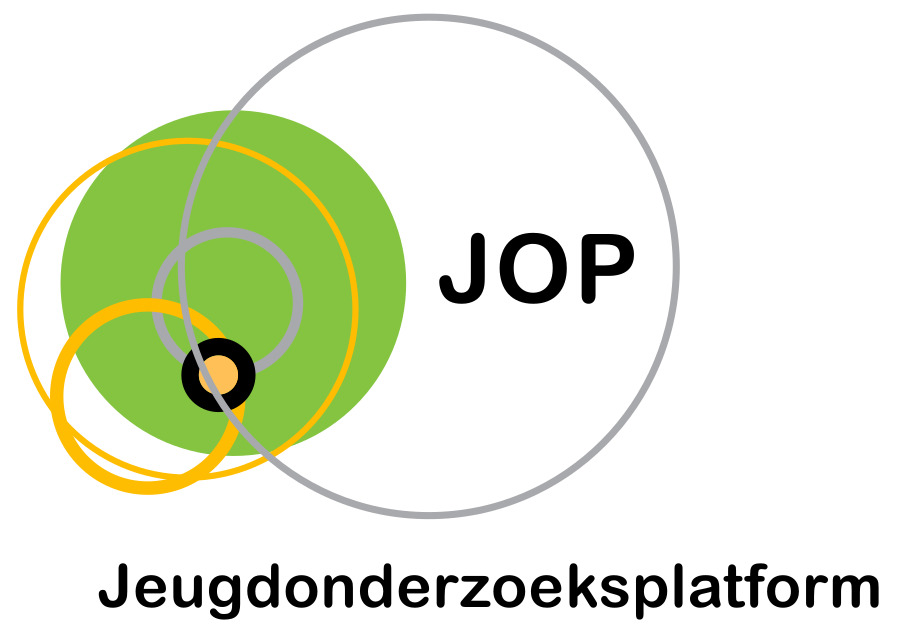Exploring adolescent & youth worker perspectives in co-creating a smoking prevention intervention
Auteurs
Demeester, B., Verloigne, M., Willems, S., Leta, K., Bradt, L., & Lauwerier, E. (2025).

Abstract
Achtergrond – Het starten met roken treft bepaalde bevolkingsgroepen onevenredig, waaronder adolescenten die maatschappelijke kwetsbaarheid ervaren. Co-creatie, een innovatieve aanpak, draagt bij aan het ontwikkelen van op maat gemaakte interventies die verschillen in rookgedrag kunnen aanpakken. Voor deze studie werd een rokenpreventie-interventie co-gecreëerd met adolescenten en jongerenwerkers van twee jongerenwelzijnsorganisaties. Dit artikel analyseert de perspectieven van de deelnemers die betrokken waren bij dit co-creatieproces.
Methode – Gegevens werden opeenvolgend verzameld gedurende het proces van co-creatief ontwerpen van de interventie en omvatten twee focusgroepsdiscussies met elk zeven adolescenten (waarvan zes aan beide focusgroepen deelnamen) en semi-gestructureerde interviews met vijf jongerenwerkers. Er werd een reflexieve thematische analyse uitgevoerd.
Resultaten – Uit de gegevens kwamen drie hoofdthema’s naar voren die het co-creatieproces weerspiegelen: actieve betrokkenheid, het creëren van betekenis en capaciteitsopbouw. Deze thema’s werden beïnvloed door specifieke contextuele factoren (zoals de fysieke omgeving van jongerenwelzijnsorganisaties en de sociale context, zoals groepsdynamiek) en toonden dynamische interacties, in plaats van onafhankelijk van elkaar te bestaan.
Conclusie – Deze studie biedt inzicht in de collaboratieve dynamiek en processen die zich voordeden tijdens het co-creatieproces en stelt ons in staat aanbevelingen te doen voor toekomstige co-creatieprojecten. Het opnemen van innovatieve en creatieve methoden, zoals het co-creatiekamp, bleek bijzonder effectief in het bevorderen van samenwerking, vertrouwen en een veilige ruimte om meningen te delen. Belangrijke aanbevelingen zijn onder meer: inclusiviteit prioriteren, methoden afstemmen op de behoeften van deelnemers, contextuele invloeden in overweging nemen en ervoor zorgen dat het proces zowel plezierig als betekenisvol is.
Background – Smoking initiation disproportionately affects certain population groups, including adolescents experiencing societal vulnerability. Co-creation, an innovative approach, contributes to developing tailored interventions that address smoking initiation disparities. For this study, a smoking prevention intervention was co-created with adolescents and youth workers from two youth social work organisations. This paper analyses the perspectives of participants engaged in this co-creation process.
Methods – Data were collected sequentially throughout the process of co-creative intervention design and involved two focus group discussions with seven adolescents each (of which six participated in both focus groups) and semi-structured interviews with five youth workers. A reflexive thematic analysis was performed.
Results – Three main themes emerged from the data, capturing the co-creation process: active involvement and engagement, creating meaning, and capacity building. These themes were influenced by specific contextual factors (i.e. the physical environment of youth social work organisations and the social context, such as group dynamics) and demonstrated dynamic interactions, rather than existing independently.
Conclusion – This study gives insights into the collaborative dynamics and processes that emerged throughout our co-creation process, enabling us to give recommendations for future co-creation projects. Incorporating innovative and creative methods into the co-creation process, such as the co-creation camp, appeared to be particularly impactful in fostering collaboration, trust, and a safe space for sharing opinions. Key recommendations include prioritizing inclusivity, adapting methods to participants’ needs, considering contextual influences, and ensuring the process is both enjoyable and meaningful.
Referentie
Demeester, B., Verloigne, M., Willems, S., Leta, K., Bradt, L., & Lauwerier, E. (2025). Exploring adolescent & youth worker perspectives in co-creating a smoking prevention intervention. Children and Youth Services Review, 176, 108409.
Taal
Publicatievorm
Tijdschriftartikel
ISBN – DOI
